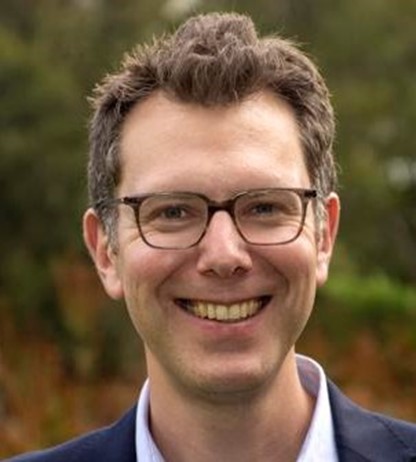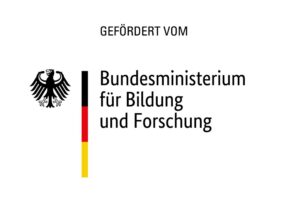RWTH Kármán-Fellow (09/24)

Dr Darren Sharp is a Senior Research Fellow at Monash Sustainable Development Institute (Melbourne, Australia). Darren is an interdisciplinary sustainability transitions researcher interested in urban experimentation, living labs, grassroots innovations, urban futures and the sharing economy. His work is situated at the intersection of transition management, design for social innovation and community economies thinking, with a particular interest in the governance of urban sustainability transitions. He serves on the editorial board of Frontiers in Sustainable Cities and has published in journals such as Environmental Innovation and Societal Transitions, Urban Planning, Data & Policy, the Journal of Cleaner Production and Urban Policy and Research. Darren is the Interdisciplinary Research Lead of the Net Zero Precincts ARC Linkage project that brings together a new interdisciplinary approach to transition management by using design anthropology to engage with the precinct community and consider their lived experiences.
Net Zero Precincts: An Interdisciplinary Approach to Decarbonising Cities
Net Zero Precincts is a four-year ARC Linkage project led by Monash Sustainable Development Institute. With more than 70,000 student enrolments and over 150 buildings spread across four domestic campuses, Monash University is a significant consumer of energy. The Monash Net Zero Initiative is a $135m multi-year program designed to transform Monash University’s Australian campuses to net-zero carbon emissions by 2030. Achieving this, the university has embarked on a long-term program of energy efficiency upgrades, high-performing building facades, campus electrification, a 100% renewable electricity microgrid and battery storage, as well as adjacent strategies to reduce carbon emissions form university operated fleets and staff and student travel behaviours.
Net Zero Precincts is utilising the Monash University Clayton Campus and Monash Technology Precinct as an action-oriented Living Lab to experiment, test and learn about net zero transitions in a real-world setting. The project team is interested in understanding what transitions look like for people in their everyday lives and how net zero futures are emerging and can be supported. The Net Zero Precincts project brings together transition management with design anthropology to test and develop a new framework to support the transition to net zero cities that is responsive to the needs of people, politics and place. The project has activated a portfolio of Living Lab experiments in energy, mobility, buildings, local governance and data. The Living Lab portfolio is a collaborative way to demonstrate a new way of accelerating net zero transitions and explore how experimentation can complement governance and planning processes. With continued collaboration and innovation, the Net Zero Precincts project aims to pave the way for an inclusive net zero future for Monash University, the Precinct and beyond.
Publications (selection)
Sharp, Darren, Raven, Rob, and Farrelly, Megan. 2024. Pluralising place frames in urban transition management: Net-zero transitions at precinct scale. Environmental Innovation and Societal Transitions, 50, 100803.
Sharp, Darren, Pink, Sarah, Raven, Rob, and Farrelly, Megan. 2023. People, politics and place: an interdisciplinary agenda for the governance of urban energy transitions. In Routledge Handbook of Energy Transitions, edited by Kathleen Araújo. London: Routledge.
Sharp, Darren, Anwar, Misita., Goodwin, Sarah, Raven, Rob, Bartram, Lyn, and Kamruzzaman, Liton. 2022. A participatory approach for empowering community engagement in data governance: The Monash Net Zero Precinct. Data & Policy 4.
Sharp, Darren, Raven, Rob. 2021. Urban Planning by Experiment at Precinct Scale: Embracing Complexity, Ambiguity, and Multiplicity. Urban Planning. 6(1).
Sharp, Darren. 2018. Sharing Cities for Urban Transformation: Narrative, Policy and Practice. Urban Policy and Research 36(4): 513-526.
RWTH Kármán-Fellowships
RWTH Kármán-Fellowships are funded by the Federal Ministry of Education and Research
(BMBF) and the Ministry of Culture and Science of the German State of North Rhine
Westphalia (MKW) under the Excellence Strategy of the Federal Government and the
Länder.



